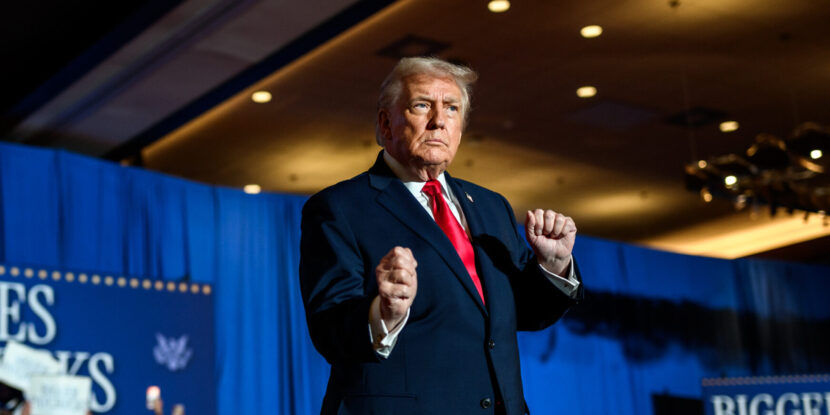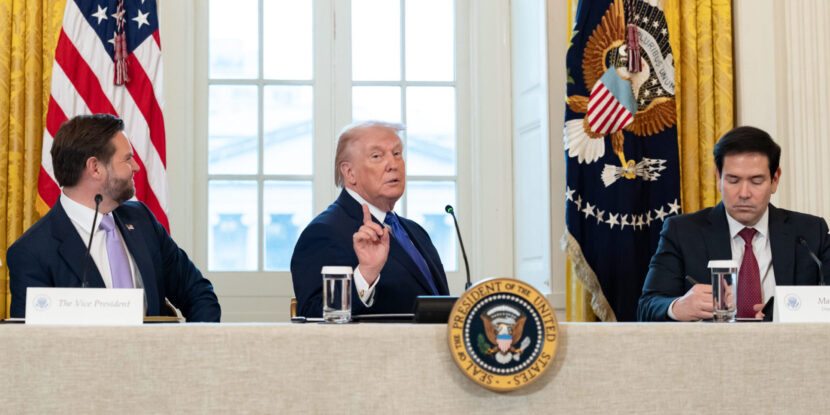❓WHAT HAPPENED: A federal appeals court ruled 2-1 in favor of the Trump administration’s Department of Government Efficiency (DOGE), allowing access to sensitive data from federal agencies.
👤WHO WAS INVOLVED: DOGE personnel, the U.S. Court of Appeals for the Fourth Circuit, labor unions, and individual plaintiffs.
📍WHEN & WHERE: The ruling was issued on August 12 by the Fourth Circuit.
💬KEY QUOTE: “The Privacy Act does not prohibit sharing information with those whose jobs give them good reason to access it.” – Judge Julius Richardson
🎯IMPACT: The decision strengthens executive authority over data access and sets a legal precedent limiting challenges to similar policies.
The Trump administration’s Department of Government Efficiency (DOGE) has been handed a legal victory by a divided federal appeals court, granting it the right to access sensitive personal data held by multiple federal agencies. In a 2-1 decision, the U.S. Court of Appeals for the Fourth Circuit reversed a lower court’s preliminary injunction that had previously blocked DOGE from gaining administrator-level access to systems and records from the Treasury Department, the Office of Personnel Management, and the Department of Education.
The ruling centers on an executive order signed by President Donald J. Trump on January 20, which created DOGE to modernize federal technology and software. The order mandated that agency leaders establish internal DOGE teams and give them “full and prompt access” to unclassified data and systems. DOGE, which was initially fronted by tech mogul Elon Musk, has been the subject of ongoing legal disputes and criticism, particularly related to data privacy and staff downsizing.
In the majority opinion, Judge Julius Richardson, joined by Judge G. Steven Agee, concluded that the executive order did not violate the Privacy Act. “The Privacy Act does not prohibit sharing information with those whose jobs give them good reason to access it,” Judge Richardson said.
The pair argued that DOGE’s role was comparable to “a consultant needing to survey systems for improvements.” The opinion also questioned whether the plaintiffs had proper legal standing, noting that they failed to show “that their specific records had been accessed.”
However, the dissenting judge strongly disagreed. In his opinion, Judge Robert King—a Bill Clinton appointee—claimed that the executive order effectively granted “unfettered, unprecedented, and apparently unnecessary access” to sensitive information.
The case will now return to a lower district court for further proceedings.
Join Pulse+ to comment below, and receive exclusive e-mail analyses.



















